Communication Skills: Sending and receiving messages via spoken and nonverbal means constitutes the process of communication. To create understanding between two or more people, communication is the two-way exchange of information in the form of ideas, thoughts, and opinions. Effective communication is an essential ability in both private and work contexts.
The ability to communicate effectively and convincingly can have a big impact on your success, whether you’re negotiating a commercial deal, making a presentation, or just having casual discussions. But a lot of people have trouble comprehending other people and expressing themselves. We’ll look at ten ways to improve your communication abilities in this tutorial. These techniques are intended to improve the way you communicate, listen intently, and forge closer bonds with others. James Humes has rightly said, “The art of communication is the language of leadership.”
Also, have a look at, Habits of Successful Entrepreneurs- 10 Skills of Successful Leaders
What is Meant by Effective Communication Skills?
The process of communicating ideas, information, thoughts, knowledge, data, opinions, or messages from the sender to the recipient via a chosen means or channel for a recognized goal.
Significance of Communication Skills
When communication is effective, it leaves all parties involved satisfied and feeling accomplished. Communication abilities include listening to and comprehending people, as well as expressing thoughts and ideas clearly. Mastering communication tactics is important because of their broad influence.
1. Building Relationships:
Building and maintaining relationships in both the personal and professional spheres requires trust and understanding, which effective communication fosters. People can strengthen bonds and settle disputes more skillfully by communicating clearly and actively listening.
2. Enhancing Teamwork and Collaboration:
Effective communication is essential for teamwork and collaboration in a work environment. Clear and precise communication ensures that all team members are aligned, reducing misconceptions and boosting output.
3. Facilitating Problem-Solving:
People with strong communication skills can explain issues in detail and work together to brainstorm possible solutions. As a result, decision-making and problem-solving techniques become more efficient.
4. Boosting Career Prospects:
Employers highly value strong communicators. Having the capacity to lead discussions, negotiate skillfully, and convey ideas convincingly can open up possibilities for career growth and leadership.
5. Increasing Efficiency:
Time and resources are saved when effective communication leads to fewer mistakes and misunderstandings. Clear instructions and feedback facilitate more efficient task completion and faster goal achievement.
6. Enhancing Personal Development:
Emotional intelligence and communication abilities have a tight relationship. The ability to communicate emotions effectively and understand those of others facilitates better interpersonal relationships and personal development.
7. Improving Public Speaking and Presentation Skills:
Developing communication skills increases one’s confidence when giving presentations and public speaking. Whether in meetings, conferences, or social gatherings, this is essential for presenting ideas to larger audiences.
8. Fostering a Positive Work Environment:
Positive and inclusive work cultures are fostered by effective communication. It promotes candid communication, respect for one another, and a feeling of unity among team members.
People can reach their full potential, have more meaningful contacts, and succeed more broadly in life by concentrating on techniques for improving their communication.
“Effective communication is 20% what you know and 80% how you feel about what you know.” Jim Rohn
STRATEGIES TO MASTER THE ART OF COMMUNICATION
Successful interpersonal and professional relationships rely on effective communication. Hone your communication skills to achieve your goals, whether communicating more effectively with coworkers, building stronger personal relationships, or expressing yourself more clearly. Below are ten techniques to improve your communication:
10. Active Listening- Attentively Answering:
One of the most important communication skills is active listening. It involves taking in what someone is saying and letting them know you heard them by asking follow-up questions and expressing yourself nonverbally. Active listening entails focusing entirely on the speaker, comprehending what they are saying, attentively answering, and keeping in mind what they have said.
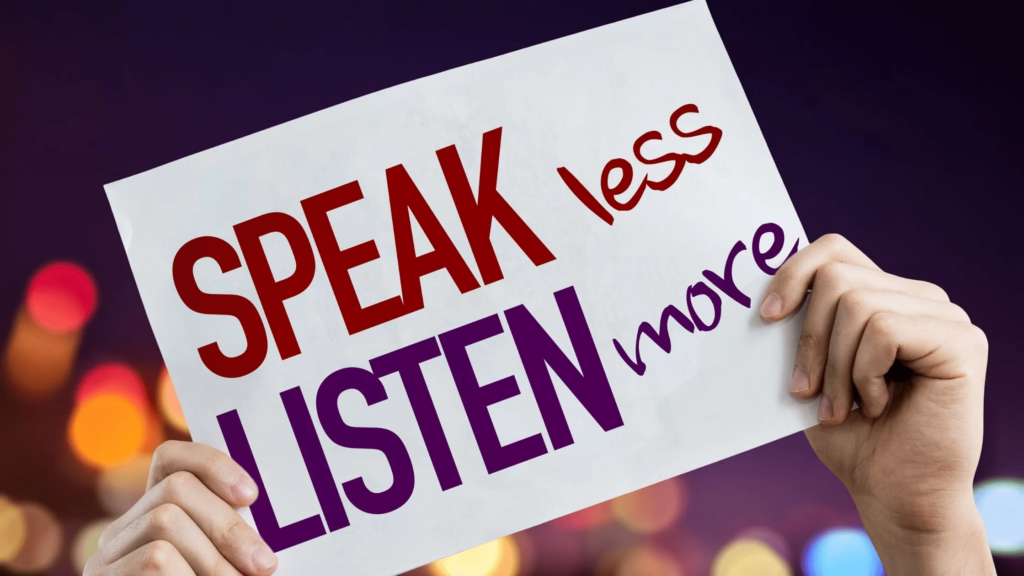
It takes more than just listening to what is said; you also need to show that you value the speaker’s viewpoint by actively participating in the material. Maintain eye contact, provide a nod of agreement, and offer comments, like summarizing what was said.
9. Clear & Concise Messages: Secret Ingredient of Better Communication Skills
When messages are communicated clearly, there is no room for misunderstanding or uncertainty. Clear communication gets right to the point and eliminates superfluous words. Consistent communication establishes reliable information flow, facilitating efficient and seamless interactions. Express your thoughts as succinctly and plainly as you can. Avoid using superfluous jargon or extremely complicated words that could mislead your viewers. Take time to gather your thoughts before speaking. Strive to be as clear as possible with your statement.

8. Nonverbal Communication Skills Betterment
Information can be communicated nonverbally by using body language or facial expressions. This could involve expressing a point with particular hand or facial motions, as well as making or not making eye contact, being close to someone, and using other nonverbal clues.

Nonverbal clues, including body language, facial emotions, and eye contact, greatly aid communication. They may support your statements or, on the other hand, refute them. Keep an eye on your body language and ensure it conveys the same meaning as what you are saying. For instance, when attempting to appear approachable or pleasant, keep your arms uncrossed and adopt an open posture.
7. Empathy to Learn Other’s Emotions
In communication, empathy is the capacity to comprehend and experience another person’s emotions. It involves paying attention to what your audience is saying, expressing empathy for their feelings, and reacting in a way that demonstrates your concern for them as people. Understanding and feeling another person’s emotions is a necessary component of empathy. It improves rapport and trust, which enhances the effectiveness of your conversation. Recognize the thoughts and feelings of others to demonstrate empathy. Use sayings such as “I understand how you feel” to show that you are listening with empathy.
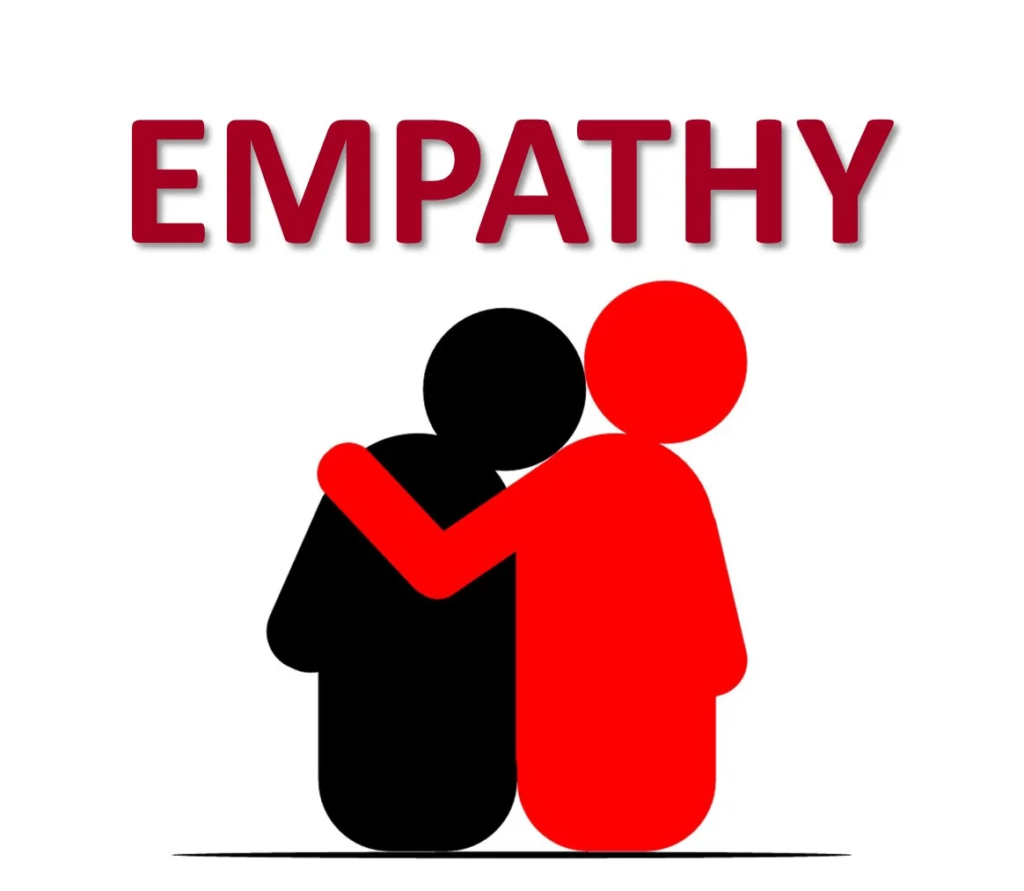
6. Ask Questions for Better Understanding
The key to efficient information transmission and communication is asking the correct questions. Asking the appropriate questions in the appropriate way in a given setting can enhance a wide range of communication abilities. One effective way to ensure clarity and understanding is to ask questions.
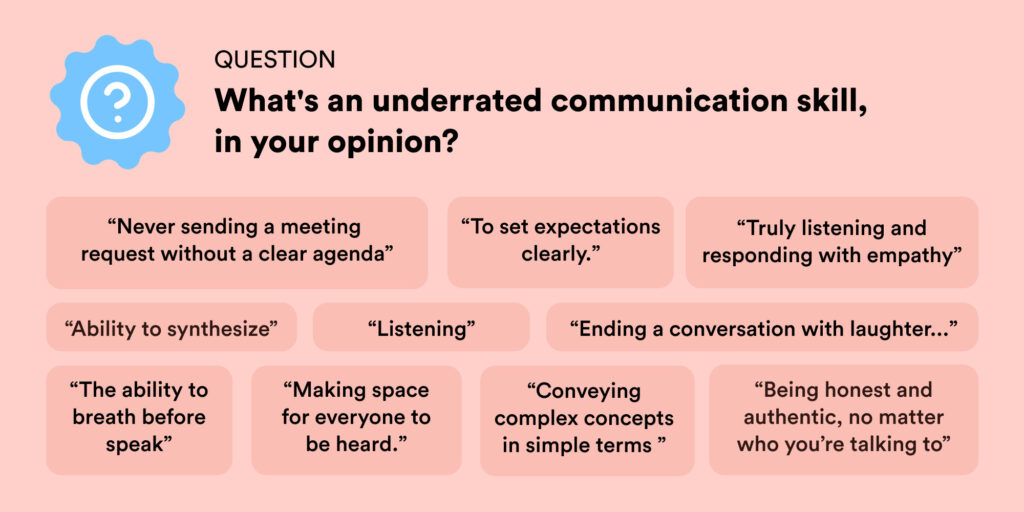
Asking questions demonstrates your interest in and engagement with the topic at hand. Use closed-ended questions to verify specific details and open-ended questions to promote conversation. For example, you might ask, ‘Can you tell me more about that?
5. Provide Constructive Feedback
Rather than condemning the recipient, feedback needs to be directed toward helping them get better. Feedback that is constructive is objective, targeted, and emphasizes actions above personal qualities. Apply the “sandwich” approach: make a favorable comment first, then offer helpful criticism, and conclude with another compliment.

What is the 7Cs Concept of effective communication?
“The 7 Cs stand for clear, concise, concrete, correct, coherent, complete, and courteous.”
4. Adapt Your Communication Style
Adapting your communication style involves determining the needs of the circumstance and/or how the other person wants to communicate, then tailoring your communication style accordingly. Depending on the circumstances and target audience, diverse communication styles may be necessary.
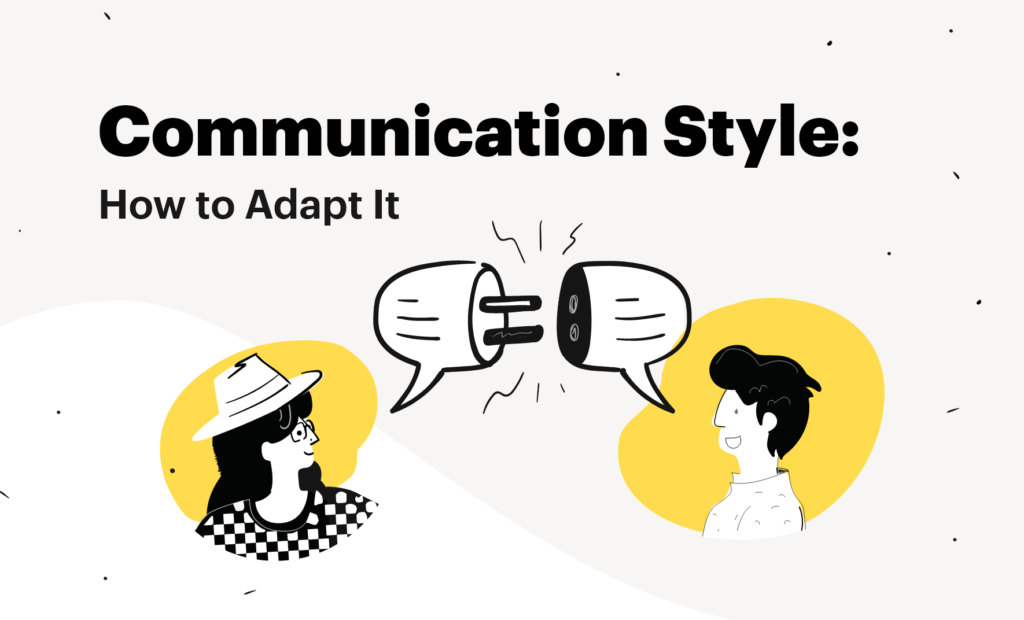
Being flexible ensures that your message is understood in a variety of settings. Evaluate the circumstances and the people in the room before modifying your vocabulary, tone, and delivery style. For instance, in a business meeting, speaking in a formal tone may be required, but in a casual conversation, a more informal tone is preferable.
3. Practice Patience– Listen Intently For Appropriate Communication Skills
Patience in the workplace involves the capacity to listen intently and communicate directly with the target audience in a way that they can completely comprehend and relate to. These are two highly related skills. Effective communication often requires patience, especially when discussing difficult or emotionally sensitive subjects.
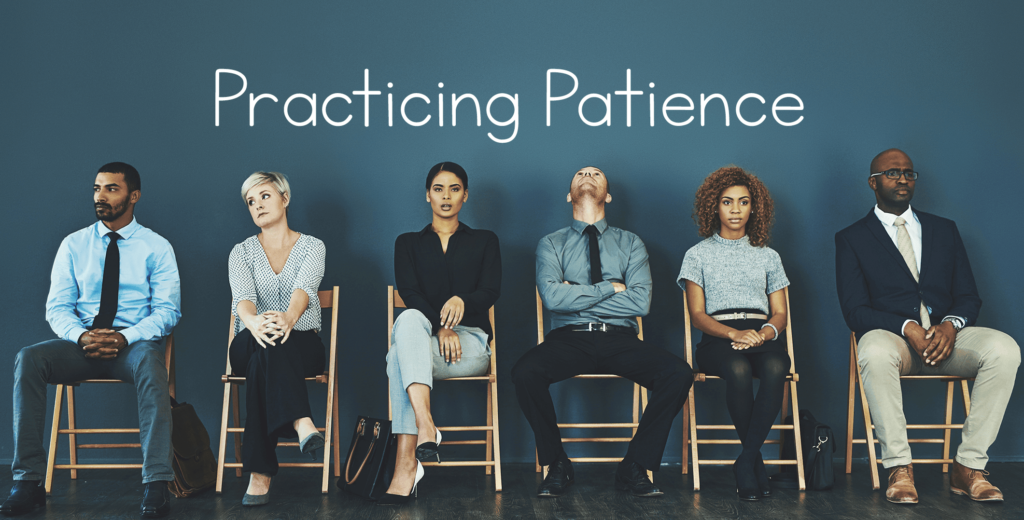
Rushing through a conversation can cause miscommunication. Take time to reflect and listen before responding. Allow pauses to occur during the conversation to give both you and the other person time to assimilate the information.
2. Use Appropriate Language- Acceptable for Better Communication Skills
When someone speaks in a way that suits them, their audience, the speaking situation, and the speech itself, they are using appropriate language. Clear language helps the listener form mental images. Using positive language fosters an atmosphere of affirmation and productive conversation. It can ease tension and promote harmony. Constructively present your points.“You can’t do it this way” is not the best strategy; try stating, “Here’s a more effective way to approach this.”
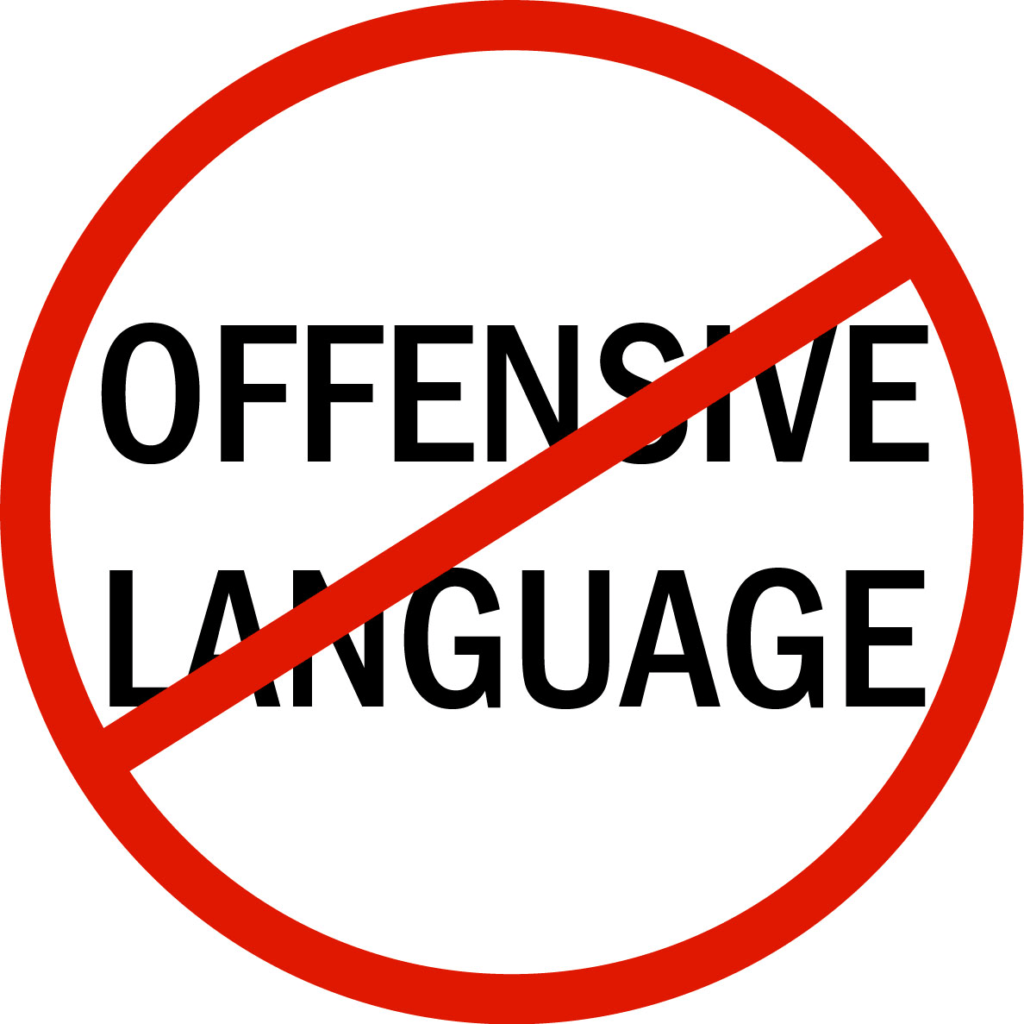
1. Follow Up For Better Communication Skills
Any correspondence or action conducted following a first interaction—be it a sales call, email, meeting, or event—is referred to as a follow-up. These activities aim to uphold or improve connections, respond to inquiries, or advance a business procedure.
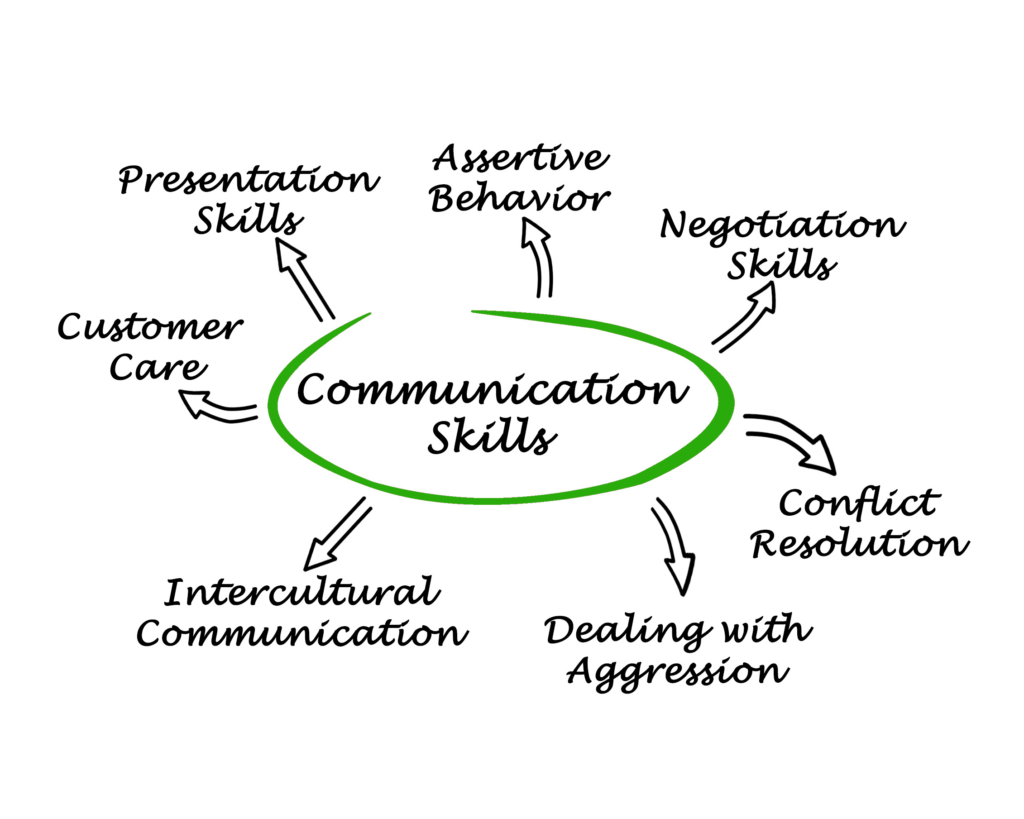
Ensuring that everyone is in agreement and that tasks are completed is vital, particularly regarding talks that involve significant decisions or actions. After talks or meetings, send out a summary email outlining the main ideas and decisions reached. Make frequent check-ins to offer updates or request progress reports.
“Effective communication is the bridge between confusion and clarity.”
(Nat Turner:
Conclusion:
Gaining proficiency in communication is a continuous process that demands practice and awareness. Deepening your understanding of others and enhancing your ability to communicate effectively can be achieved by putting the ten ideas in this guide into practice. Every tactic—whether it involves nonverbal clues, active listening, or succinct messaging—contributes to interactions that work better. You’ll discover that improved communication not only strengthens your bonds with others but also creates new avenues for your professional and personal development as you hone these abilities.
Never forget that successful communication is essential for success in almost all facets of life. Improving your communication skills requires deliberate practice and effort. By implementing these ten tactics into your day-to-day interactions, you can enhance your communication skills, build stronger relationships, and achieve more both personally and professionally. Although it requires constant effort, effective communication can significantly improve the quality of your relationships.

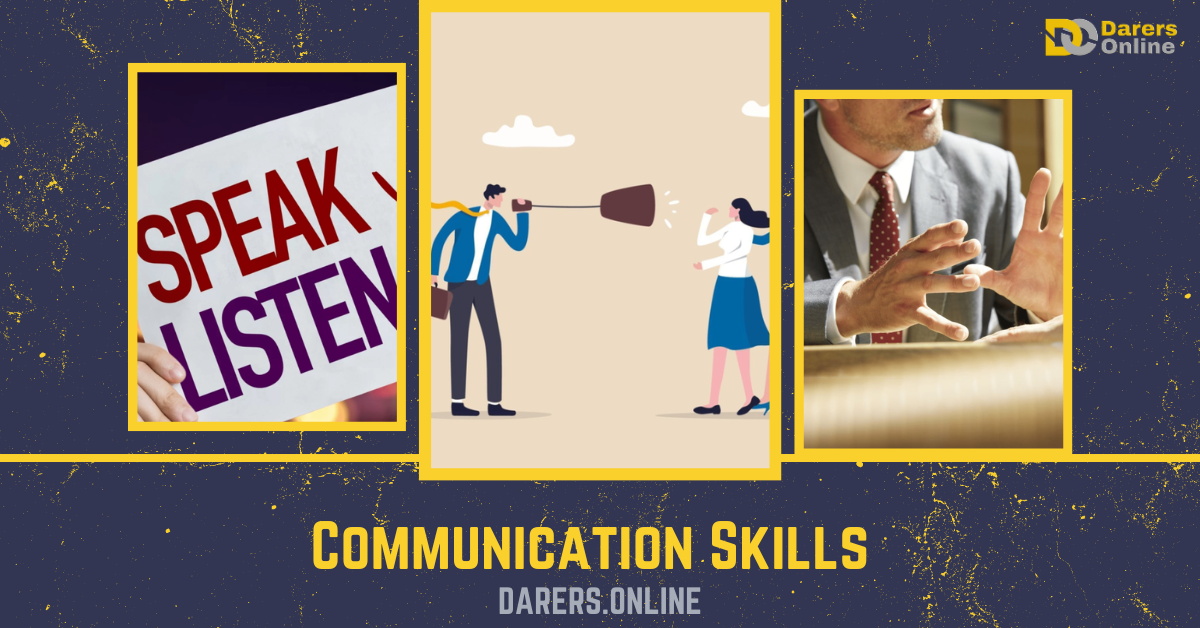
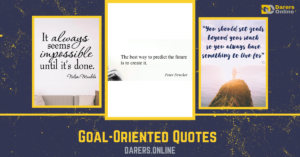

Nice thoughts
Great Article